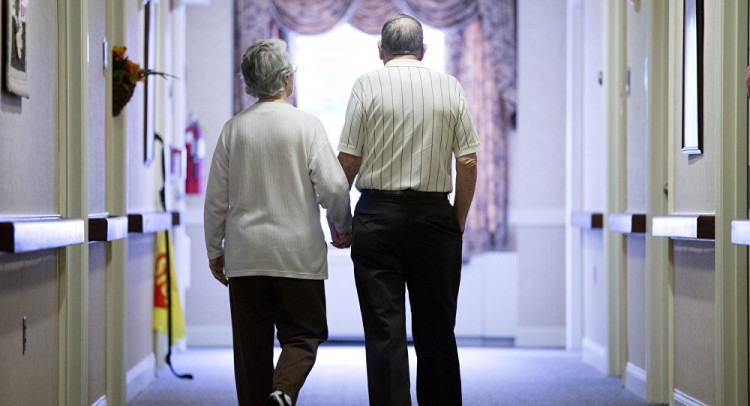Loneliness is now becoming more prevalent than before. Everyone seems unexcused from it.
With the increasing rate of lonely people, experts can't help but be worried about how negatively it can affect people's emotional and physical health. According to them, the feeling of being down and blue can be linked to health issues such as depression, heart attacks, strokes, anxiety, and even death, as stated by Caring.
A recent poll conducted by the National Poll on Healthy Aging shows how even seniors can be vulnerable to such feeling. Furthermore, it also reveals that nowadays a lot of them are feeling that way, which is about a third of them all.
Loneliness among seniors can create a negative impact on their health. According to the experts, "Research shows that chronic loneliness can impact older adults' memory, physical well-being, mental health, and life expectancy." As a matter of fact, it can shorten their lives more as compared to being sedentary and overweight.
Among the 2,000 people aged between 50 to 80 who became the participants of the study, researchers found out three important factors about them. One, almost a third of them feel lonely due to lack of a companion. Second, more than one-fourth of them feel isolated. And third, 30 percent of them are not able to socialize with their loved ones enough.
The research also revealed that among the participants, women are those that are more prone to loneliness. Reasons behind this are, they tend to live alone, lack companionship, don't have something to get busy with, and living in a low-income household.
Among these lonely seniors, the results showed that 28% of them have poor physical health as compared to 13% who are quite doing pretty well with their emotions. Also, their mental health showed a huge difference as 17% of lonely people have poor mental health, and only 2% of happier people are suffering from it.
Despite the alarming number of seniors who are embracing loneliness, researchers say there is still some hope. Given this reason, experts are working hand in hand to alter this situation, as reported by TIME.
Dr. Carla Perissinotto, associate chief of clinical programs in geriatrics at the University of California San Francisco, said, "How to reverse it really depends on the reasoning for why you're feeling lonely or why you're isolated."
Experts further explained that working on the way to end this problem isn't as easy as just making these seniors happy temporarily. The problem lies in the feeling of being isolated and alone, so it is better to dig deep into the problem more.






